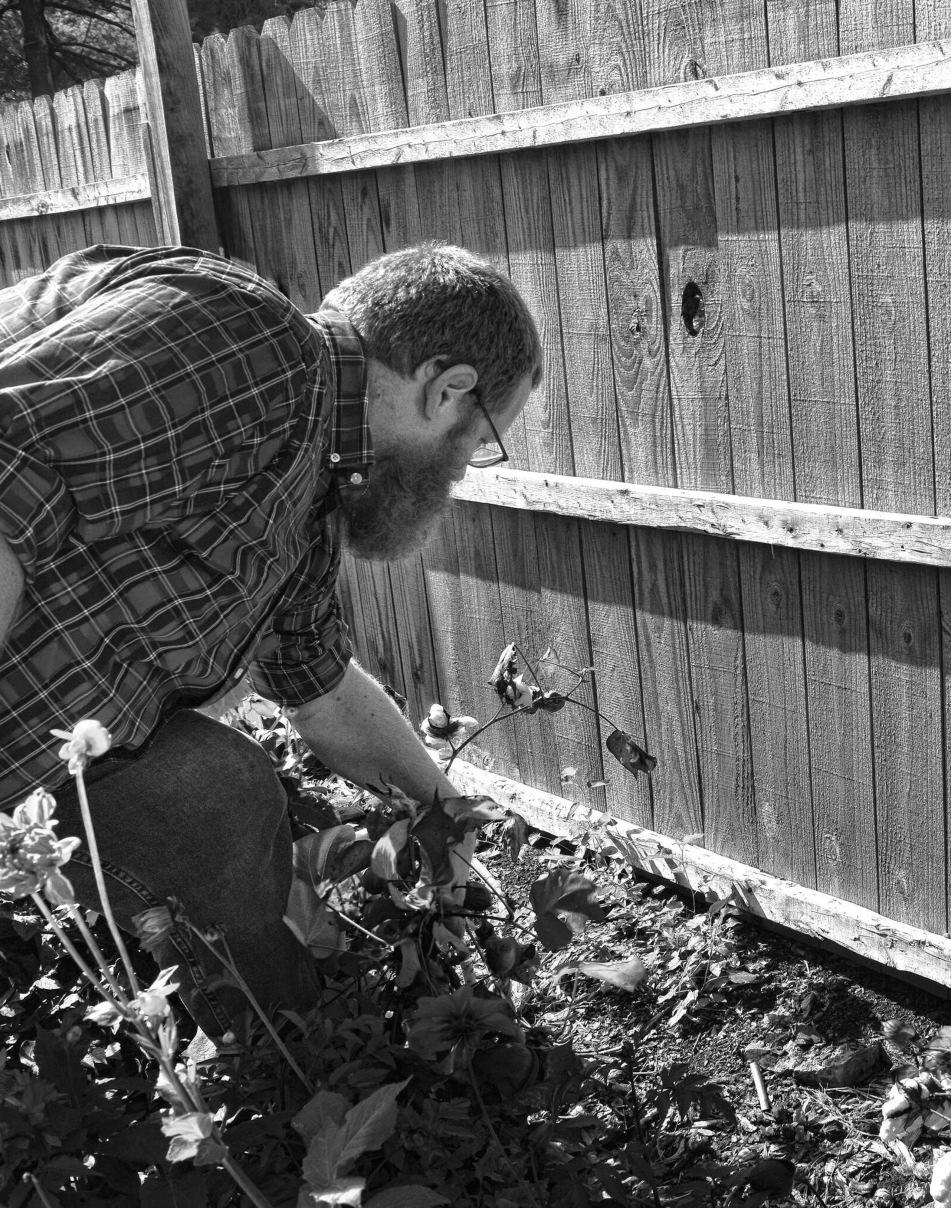
1 minute read
Farmers, gardeners taking steps to prevent weeds
By Samantha McDaniel-Ogletree
Though the temperatures are cooling off as farmers remove their crops from the fields and gardeners are tending to the last yields from their gardens, there are plants and weeds that will grow in the place of the vegetables and flowers.
Fall and winter weeds can start taking root in the fields or garden without proper care.
For gardens, the growth of some weeds isn’t uncommon or usually a big concern.
Ken Johnson, horticulture educator at the University of Illinois Extension Office for Morgan County, said gardeners should find balance when weeding their gardens during the fall and winter months.
For those Johnson said gardeners who do not want those weeds in the garden it is important to remove the seed heads will help stop future spread and growth.
Once those are removed, Johnson said the weeds themselves can be mixed up with any mulching like leaves or wood chips to help provide coverage and nutrients for the ground during the winter months. Mulching will also help prevent weed growth.
Mulching also helps with water retention.
Or, gardeners can leave them where they are and they’ll be mixed into the soil when it comes time to till the ground.
Johnson said weeds provide a source of food for pollinators during the colder months.
Aaron Dufelmeier, director of the Extension office in Morgan, said fall and winter weeds can cause a lose of nutrients or throw off the nutrient balance of a field prior to the spring planting season.
Dufelmeier said the recently dry conditions have been a good thing for farmers getting their crop out of the ground, but said it can also help prevent some of the germination of those fall weeds.
Weed growth over the winter months can cause farmer to have to spend time clearing their fields before they can plant in the spring, which can already be difficult if it is particularly rainy.
“Weeds impact drying conditions and increases work,” Dufelmeier said. “Herbicide can prevent growth, or kill off what it there.”
Morgan County farmer Marty Marr said a fall application of herbicide is something that is becoming more common as a way of preventing more growth on the fields.
“This is something we do for every acre,” Marr said. “We found it necessary going into the the spring planting so that the fields aren’t already covered in winter annuals. We don’t have that pressure and we are starting with a clean slate if we have herbicides in the fall.
With farmers doing more work in the fall to prepare for the spring planting season, Dufelmeier said any new growth or changes can impact what has been done already.
Soil testing and fertilizers and other chemical programs can often begin in the fall. If results come back in the fall, they could change by spring if there is another plant, or weed, that grows and takes nutrients from the ground.
“Farmers look at the fertility for next year’s crop, they look at anhydrous applications,” Dufelmeier said. “If they apply what’s need and then have a high weed growth, they have to figure out how much it is taking away from the crop. Each situation is different. It just depends on the applications farmers use.”
Dufelmeier said it can also be a financial things as herbicides can be easier and cheaper to get during the fall versus the spring.
WHALEN TRUCKING

Samantha McDaniel-Ogletree/Journal-Courier Ken Johnson looks for weeds in the garden at his home.
“HaulersofGeneralCommodities”










